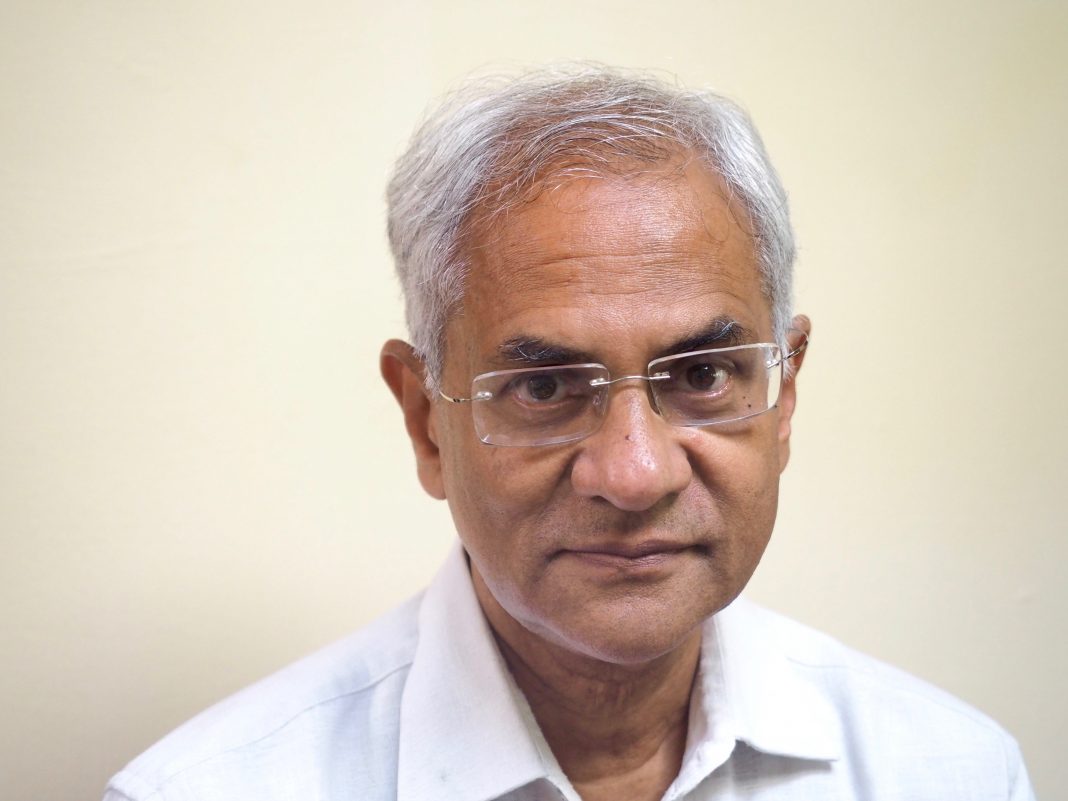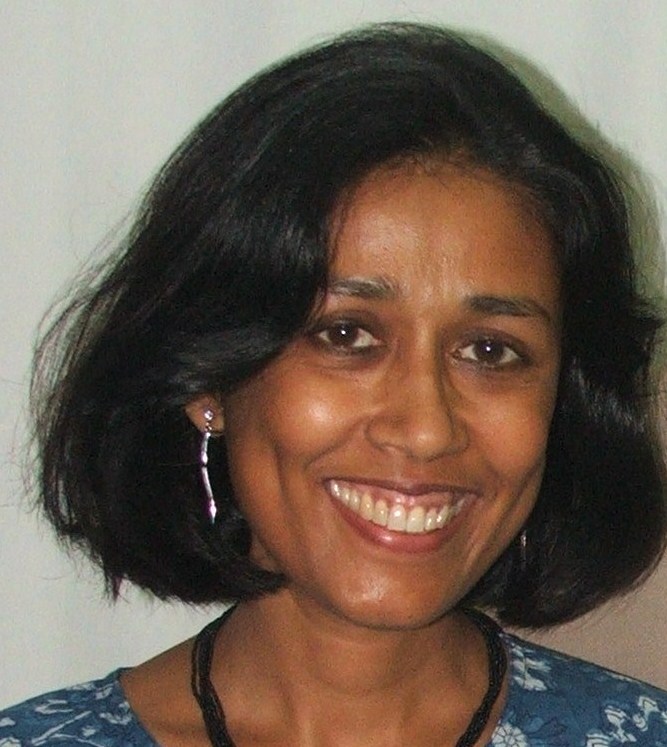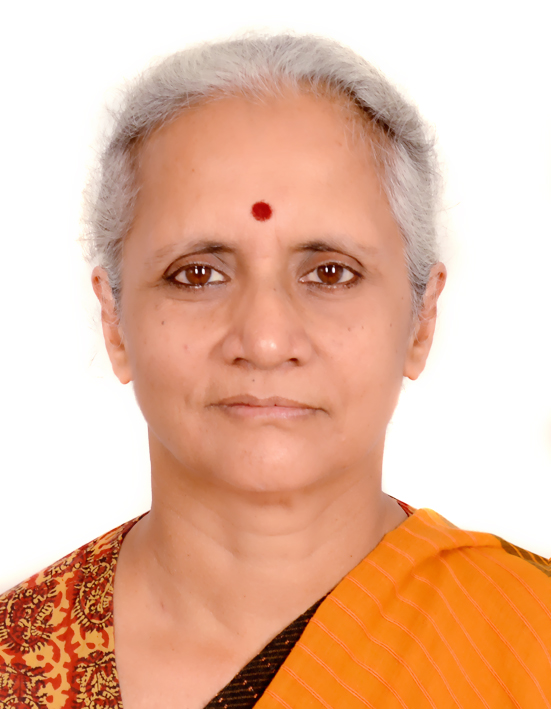Prayas is entering its 25th year of work in shaping and advocating better public policies in the areas of energy and health. We felt it appropriate to use this occasion to reflect upon the role of civil society organisations in shaping public policy and discourse. Particularly important are ideas for creating space for transparency, effectiveness, openness, responsiveness, accountability of processes and institutions, and structures to deliberate upon multiple viewpoints. Given the critical nature of the role played by the civil society and the challenges faced by it, a reflection on its relevance and effectiveness is always necessary. It becomes even more important today when several questions are being raised regarding its role and place in public affairs.
On the occasion of Girish Sant Memorial event on 9th February 2019, we organised a panel discussion on the role and importance of civil society organizations in shaping public policy, discourse and governance. The panel includes eminent personalities that have a rich and varied experience in this area – Keshav Desiraju, Nandini Sundar and Usha Ramanathan.
Following is a video recording of the discussion. More information on the panelists is provided below.
More about the panelists
 |
Keshav Desiraju has recently retired from a career with the Indian Administrative Service and in 2013 was Secretary, Health & Family Welfare to the Government of India. He continues to remain engaged with issues in public health, particularly mental illness and mental health, primary health care and community health, and serves on the board of several non-profit organizations in the sector. |
 |
Nandini Sundar is Professor of Sociology at the Delhi School of Economics, Delhi University. Her recent publications include, The Burning Forest: India’s War in Bastar (Juggernaut Press, 2016); an edited volume, The Scheduled Tribes and their India (OUP, 2016); Civil Wars in South Asia: State, Sovereignty, Development (co-edited with Aparna Sundar, Sage 2014); and Inequality and Social Mobility in Post-Reform India, Special Issue of Contemporary South Asia (co-edited, 2016). Her public writings are available at http://nandinisundar.blogspot.com |
 |
Usha Ramanathan works on the jurisprudence of law, poverty and rights. She researches, writes and speaks on issues that include the nature of law, Bhopal Gas Disaster, mass displacement, eminent domain, manual scavenging, civil liberties including the death penalty, beggary, criminal law, custodial institutions, the environment, judicial process. She has been tracking, and engaging with, the UID project and has written, and debated extensively, on issues of technology and the human conditions of freedom and liberty. She was a member of the Expert Group on Privacy set up in the Planning Commission of India which gave in its report in October 2012. She was a member of a committee (2013-14) set up in the Department of Biotechnology to review the Draft Human DNA Profiling Bill 2012. She was a member of the Committee set up by the Prime Minister's Office (2013-14) to study the socio-economic status of tribal communities which gave its report to the government in 2014. She has been on a series of committees on revising the vagrancy law. |
